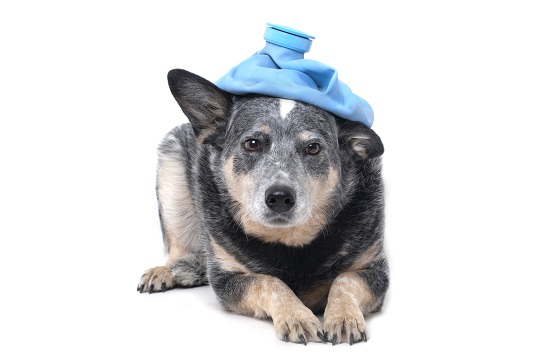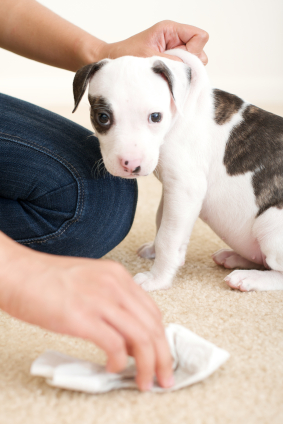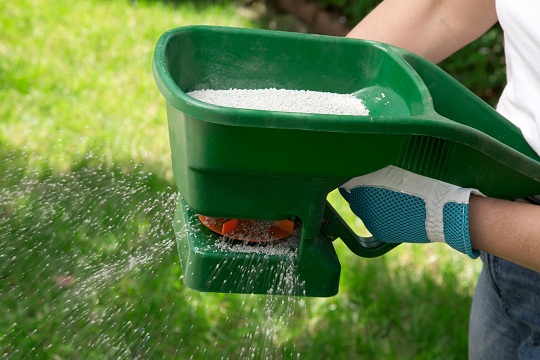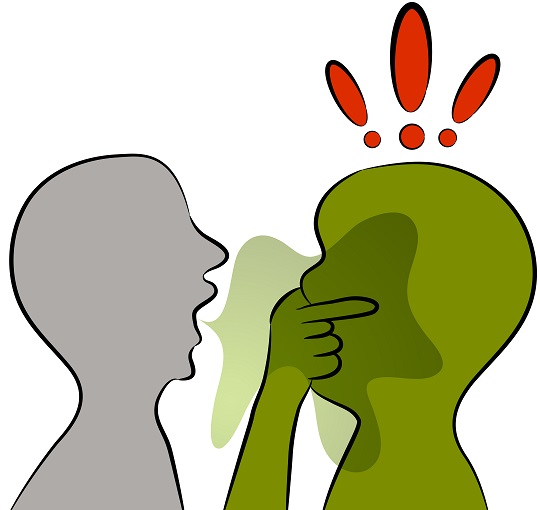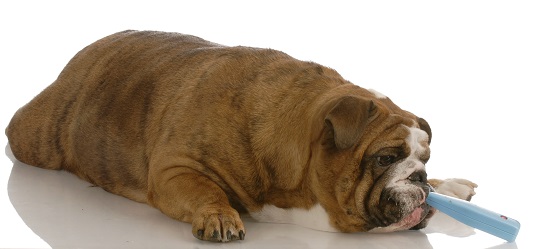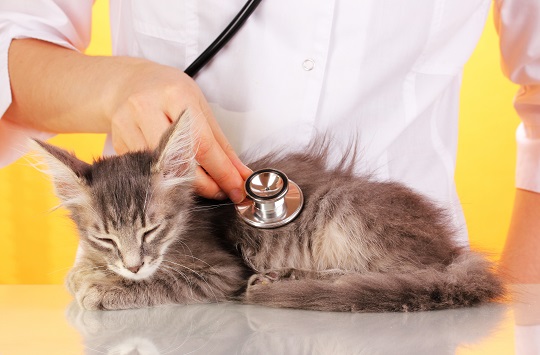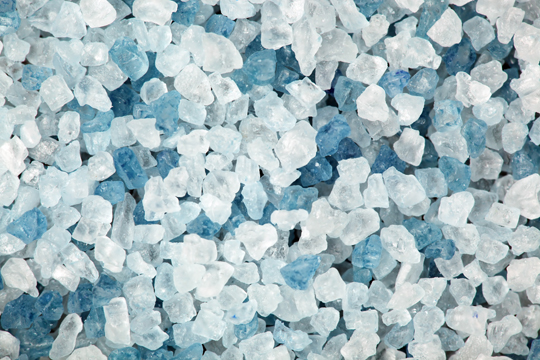Kidney failure in dogs is usually hard to detect until a significant portion of the kidney is destroyed. The kidney will often try to cope with the remaining part, but eventually it won’t be able to keep up filtering waste chemicals from the dog’s bloodstream. Harmful chemicals that are a byproduct of the dog’s protein-heavy diet begin to build up in its bloodstream, such as ammonia, nitrogen, and acids. Symptoms of kidney failure in dogs (also known as uremia) are similar to those in cats, and can include:
– Apathy
– Depression
– Lethargy
– Loss of appetite
– A dry coat
– Vomiting
– Increased thirst
– Weight loss
– Diarrhea
– Constipation
– Frequent urination
– Blood in the urine
– Blindness
– Ulcers in the mouth
– Brownish discoloration of the tongue
Treatments For Kidney Failure In Dogs
There is no treatment for chronic kidney failure, but a lifestyle adjusted to deal with kidney failure could lengthen and slow down the kidney failure’s progression. A diet with low amounts of protein, salt, phosphorus, and calcium is recommended for dogs with kidney failure. There are diets specially formulated for dogs with kidney failure, with high levels of potassium and polyunsaturated acids that have been proven to be beneficial to kidney health. However, these diets tend to be bland, so a bit of flavoring is often added to make it more appealing to dogs. A large supply of fresh water is also very important, as water will go through the dog’s body very quickly.
Find A Veterinarian
The most important thing you need to do if your dog is showing symptoms of kidney failure is to get it to a veterinarian. It’s very hard to determine how far the kidney failure has gone in your dog, and the precise treatment needed for a dog of your breed and size. Use TalkLocal to find a vet right now in just minutes, for free!

